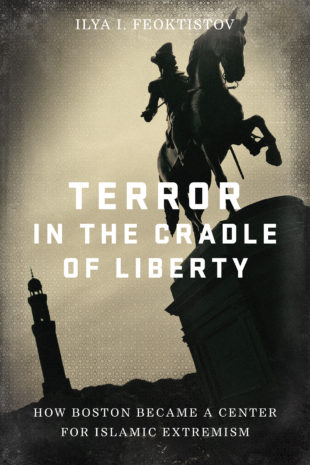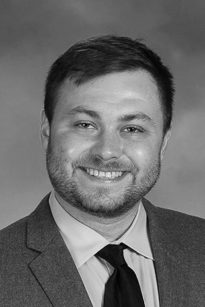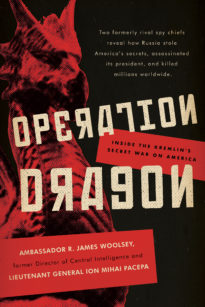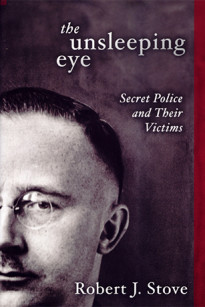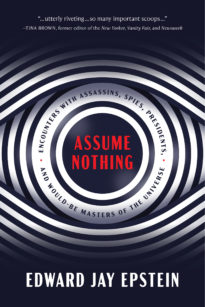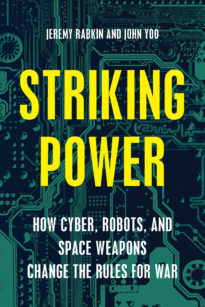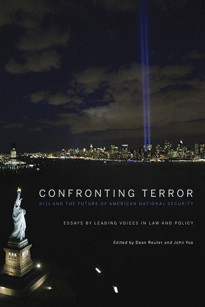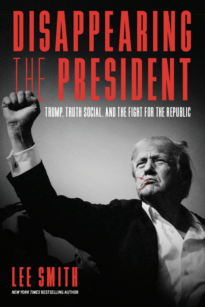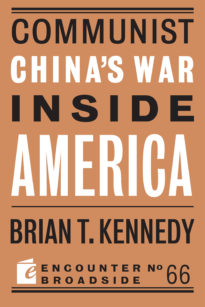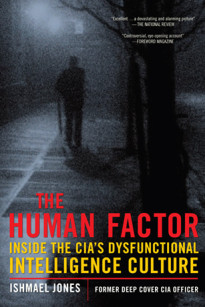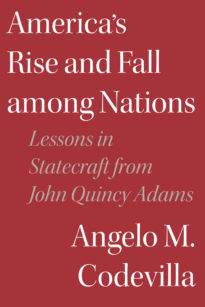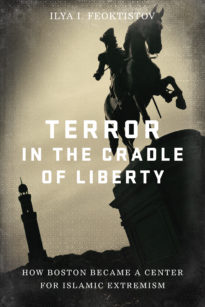I did not want to come into the office on Patriots’ Day 2013. Also known as Marathon Monday, it is an official holiday in Massachusetts. Its center of festivities is on Boylston Street in Back Bay, where the runners in the Boston Marathon have been reaching the finish line since Patriots’ Day 1897. I happened to live just one street over from the final stretch and for the past few years, I had spent the day on the Boylston Street sidewalks and in its bars with thousands of spectators as hundreds of runners hustled by for hours, finish line in sight. But this year, while my friends were having drinks on the sidewalk patio at Abe and Louie’s, I was stuck in an office building. We had scheduled a fairly mundane “catch-up-and-planning” meeting at Americans for Peace and Tolerance, a Boston-based national security nonprofit that I had co-founded in 2008 with human rights activist Charles Jacobs and documentary film producer Avi Goldwasser. I was getting more and more annoyed as the meeting dragged on.
Three hours after winner Lelisa Desisa ran by, a third of the runners were still on the course, with small packs of them coming steadily down Boylston to cheers of encouragement from the sidewalks. Suddenly, my friends heard a boom from the direction of the finish line, about three hundred yards ahead, and a cloud of smoke began to form above the crowds. The screams were at first indistinguishable from the cheering. Then, as they stood on their patio chairs to peer out over the heads of the crowd toward the finish line, another explosion went off in the crowd right in front of them, in another cloud of smoke and a spray of blood.
My friends would become much more interested in my line of work after that day, as would several national media outlets. For much of the previous decade, a group of concerned Boston civic leaders, which would ultimately coalesce into our organization, had been warning other leaders and the public about a network of al-Qaeda–connected Islamist extremists that has been fundraising for terrorist causes and radicalizing Muslim youths in Massachusetts since before the September 11, 2001, attacks. Our thoughts, as we found out the identities of the bombers, were all the same: we had failed.
This story starts in 2002, half a year after ten 9/11 hijackers left Boston’s Logan Airport and crashed their two planes into the Twin Towers. In April 2002, a small mosque called the Islamic Society of Boston (ISB), located in Cambridge’s Central Square between Harvard and MIT, posted an appeal on its website’s bulletin board: “Chechen Refugee Family needs temporary place to live until they complete their permanent refugee status in the US. Husband has good business knowledge, automechanic experience and construction.”
Those willing to help the family were asked to contact a Toronto-based woman named Maret Tsarnaeva. Her brother Anzor, his wife Zubeidat, and their eight-year old son Dzhokhar had just come to Boston. They were homeless and helpless in a place very different from their Caucasian homeland. Ultimately, the family settled in a small apartment a block away from the ISB’s Cambridge mosque. Dzhokhar’s brother, sixteen-year-old Tamerlan, and his two sisters, Bella and Ailina, soon joined them there. The family, which was not religious when it arrived in America, began attending the ISB mosque; and several of its members started to turn increasingly fundamentalist.
Later in 2002, a Boston businessman and philanthropist named Bill Sapers was attending what he believed to be a routine meeting of the Roxbury Community College Foundation, where he served as vice-chairman. Roxbury Community College is part of the Massachusetts state university system, serving a largely African American population in the Boston neighborhood for which it was named. The Foundation raises money from private donors for scholarships and program support at the college.
In the middle of a discussion about fundraising, Sapers heard some surprising news: the college’s vice president announced that the Roxbury Community College would soon be replacing a campus parking lot with a multistory garage. Sapers thought that was strange. “Why do we want to build a garage over the parking lot?” he told me he remembered asking. “We have plenty of parking spaces, and most of our students live nearby. We could spend that money on more important things.”
He then got an even bigger surprise: “It isn’t costing us anything,” the vice president replied. “It’s being built by Saudi Arabia. It’s for the mosque next door.”
“What mosque?” Sapers wondered.
This was the first time Sapers had heard about a plan to build a nearby mosque as a major expansion of the Cambridge-based Islamic Society of Boston. He had been under the impression that the city-owned land adjacent to the college was being reserved for a potential expansion of the RCC campus. But when he tried to dig deeper, he ran up against a brick wall. Neither the college president—Dr. Grace Brown—nor anyone at the Massachusetts Department of Higher Education would tell him when this decision had been made, or why the plan for a garage had not been vetted previously. Running out of options, he asked investigative journalist Tamar Morad to look into the matter and offer her investigation to the Boston Globe for publication. The article would be written, but it would never appear. The Globe killed it.
* * *
Eleven years later, Tamerlan and Dzhokhar blew up two homemade bombs at the Boston Marathon, killing three people and wounding 264. Hiding inside a boat in a suburban backyard after a rampage that had already cost his older brother and an MIT police officer their lives, Dzhokhar wrote a message on the boat’s hull:
I bear witness that there is no God but Allah and that Muhammad is his messenger. Our actions came with a message and that is La Illaha Illalah [there is no god but Allah]. The U.S. Government is killing our innocent civilians but most of you already know that. As a Muslim I can’t stand to see such evil go unpunished, we Muslims are one body, you hurt one you hurt us all. . . . know you are fighting men who look into the barrel of your gun and see heaven, now how can you compete with that. We are promised victory and we will surely get it.
The stories of the Tsarnaev brothers have been told in countless places, including the John Joseph Moakley United States Courthouse in Boston’s trendy Seaport neighborhood, where Dzhokhar was sentenced to death for his role in the bombing. But the story of the mosque the Tsarnaevs attended during their increasing radicalization—and of the radicals who own and control it—has been mostly ignored. Few know that since shortly after the Tsarnaev family arrived in Boston, Boston’s top political, law enforcement, and religious leaders knew about the ISB’s connections to terrorism and Islamist radicalism, but refused to tell the public as they continued to embrace the mosque’s owners out of selfish political and pecuniary motivations. As the evidence in the following chapters will show, the ISB has been, since the 1980s, the primary front group for Muslim Brotherhood activists living in New England. The Muslim Brotherhood, founded in Egypt in March 1928, is one of the oldest and largest Islamist extremist organizations in the world and has spawned terror groups from al-Qaeda and the Islamic State to Hamas, as well as affiliates in countries across the world, including the United States. Events that happened in Boston and people who live or had lived in the area have played a surprisingly large role in the histories of all these infamous groups, as this book documents.
Almost no one knows that the City of Boston, under Mayor Thomas Menino, had fleeced its taxpayers by selling off prime real estate at a fraction of its value to the owners of the ISB for the construction of an extremist mosque. Indeed, some of the most prominent political and community leaders in Massachusetts, including some of the top leaders of the local Jewish community, have, until the present, embraced and actively supported the anti-Semitic, anti-American, and pro-terrorist owners of the ISB. The ISB’s owners have exploited the good intentions of these Boston leaders, their belief in the ideology of multiculturalism, and their honorable desire to welcome immigrants—such as myself—to Boston.
This failure of leadership extends to Massachusetts law enforcement agencies, as well as to the local offices of their federal counterparts. In helping a group of ISB-affiliated Muslim immigrants obtain access to financial services, for example, Massachusetts attorney general Maura Healey might have unwittingly aided a terrorist fundraising conspiracy by ISB owners and donors to violate federal bank secrecy and money-laundering laws. Many other local elites simply didn’t listen to warnings then; and they’re still not listening now. Since you’ve bought this book, hopefully you will.
